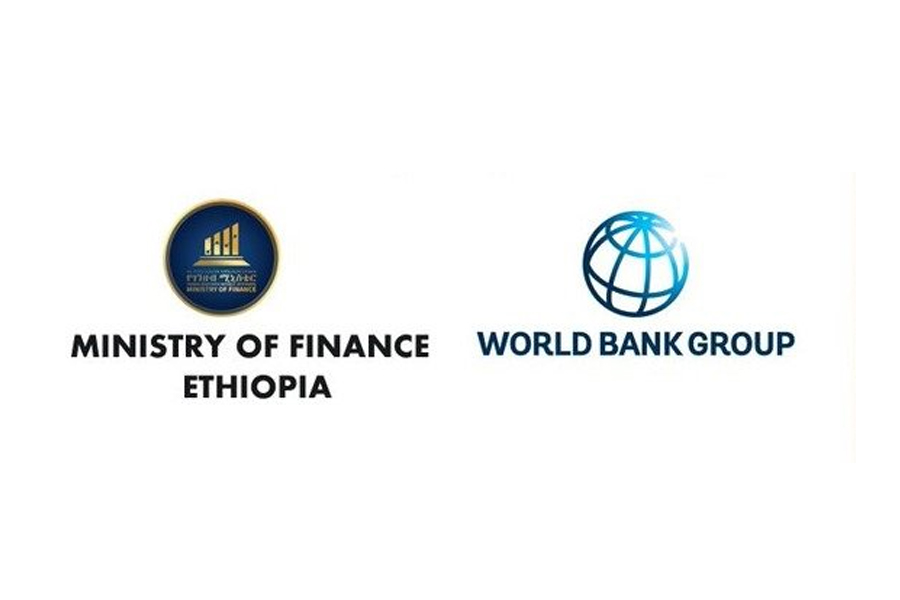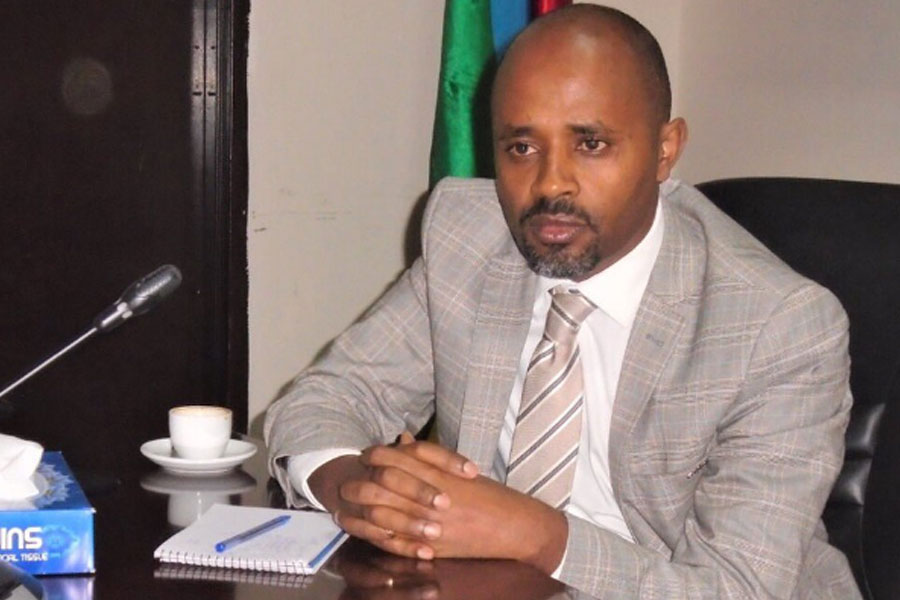
Radar | Apr 12,2020
Dec 12 , 2020
By MAYA MISIKIR ( FORTUNE STAFF WRITER )
The National Bank of Ethiopia (NBE) has started the process of drafting a directive to set up loan schemes for redressing investments damaged due to instability. The central bank began the directive following an order from the Office of the Prime Minister.
In the making for the past two weeks, the directive will lay down the specifics on the rate of interest and preconditions for the loans and will replace the former practice of cash compensations.
The Ethiopian Investment Commission (EIC), after a study conducted on damage to 485 investments over the past two years, is also facilitating tax payment extensions and loan rescheduling for impacted investors.
Before 2018, the government initially took to providing direct cash reimbursements to remedy investments. A study conducted by the Development Bank of Ethiopia (DBE), the Commercial Bank of Ethiopia (CBE), and the Ethiopian Insurance Corporation assessed the impact. The Ministry of Finance approved the disbursement of over 800 million Br through DBE and CBE. Seven investments in the Oromia Regional State were impacted in 2015, and the number grew higher over the following years. Amhara and Oromia regional states had a total of 301 investments impacted in 2017.
Most of the investments that had sustained harm at the time were compensated, according to Yisfalign W. Amanuel, advisor to the EIC commissioner.
"There were additional duty-free benefits and exemptions for importing any property lost," he said. "Priority was given to exporters and those that have a lot of employees working under their projects. The support also included prioritisation in the provision of forex."
Investors involved in horticulture and coffee, as well as fruits production and export, were given precedence.
However, the trend was not sustainable as it required a lot of financing, according to the advisor. With that in consideration, the current directive will change its approach to non-cash based redress for damaged investments.
"The Commission is issuing support letters for the extension of tax payments and loan rescheduling," said Yisfalign.
During a series of discussions hosted by the Commission on the issue of foreign direct investment in the past two weeks, private, governmental and non-governmental actors held a dialogue regarding the trends over the previous years.
Efforts toward the legal restructuring of the country's investment law, which removed government monopoly in investment sectors and initiated a negative listing approach, were mentioned as major headways. The negative listing approach exhaustively lists sectors that are closed off to foreign investments, leaving the rest effectively open.
The country had been steadily dropping in rank on the Ease of Doing Business Index over the past 15 years and landed at 159th place out of 190 countries last year. This is one notch lower than the previous year's ranking and a significant fall from 103 in 2003.
However, there has been major reform to better this performance in 80 specific and measurable actions, according to Fantu Farris, a private sector specialist at the World Bank Group. The Ease of Doing Business Reform Steering Committee chaired by the Prime Minister is overseeing the reform with 12 key indicators and lead institutions involved.
The notable progress in the automation of services, which was mentioned as part of the reform, needs to be driven by people who understand and value the benefits of technology, according to Solomon Sisay, chief strategy officer at Rework Inc., a business and investment consulting firm.
"Incorporating it as a policy is a step that needs to be accompanied by growing the capacity and supporting the actors behind it," he said.
He recommended a more holistic approach that aims to improve the overall investment ecosystem.
"This would mean going further than the legal revisions and incentives granted to investors," he said. "It will mean investigating what the local market that the investor will inevitably work with looks like."
Supporting local businesses and personnel who work with the investor is critical, he explained. The importance of uniformity in service provisions throughout all levels of the bureaus and across the regional states was also one of the salient points raised by investors who participated in the meeting.
PUBLISHED ON
Dec 12,2020 [ VOL
21 , NO
1076]

Radar | Apr 12,2020

Radar | Jun 22,2024

Fortune News | Aug 24,2019

Fortune News | Aug 17,2019

Radar | Dec 11,2021

Fortune News | Jan 05,2019

Radar |

Radar | Oct 05,2024

Fortune News | Dec 10,2018

Radar | Jan 11,2020

Dec 22 , 2024 . By TIZITA SHEWAFERAW
Charged with transforming colossal state-owned enterprises into modern and competitiv...

Aug 18 , 2024 . By AKSAH ITALO
Although predictable Yonas Zerihun's job in the ride-hailing service is not immune to...

Jul 28 , 2024 . By TIZITA SHEWAFERAW
Unhabitual, perhaps too many, Samuel Gebreyohannes, 38, used to occasionally enjoy a couple of beers at breakfast. However, he recently swit...

Jul 13 , 2024 . By AKSAH ITALO
Investors who rely on tractors, trucks, and field vehicles for commuting, transporting commodities, and f...

Oct 11 , 2025
Ladislas Farago, a roving Associated Press (AP) correspondent, arrived in Ethiopia in...

Oct 4 , 2025
Eyob Tekalegn (PhD) had been in the Governor's chair for only weeks when, on Septembe...

Sep 27 , 2025
Four years into an experiment with “shock therapy” in education, the national moo...

Sep 20 , 2025
Getachew Reda's return to the national stage was always going to stir attention. Once...